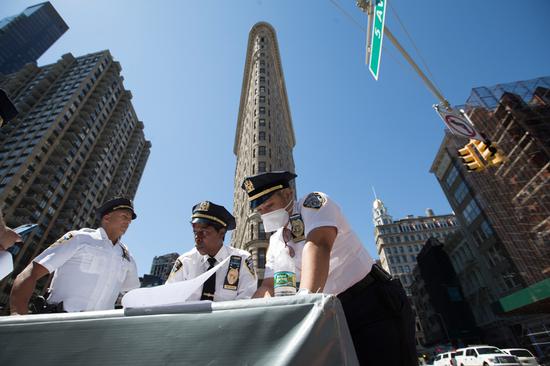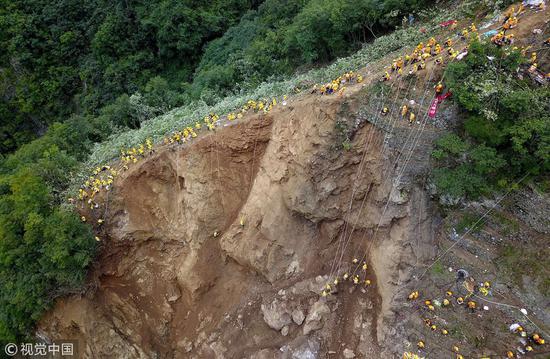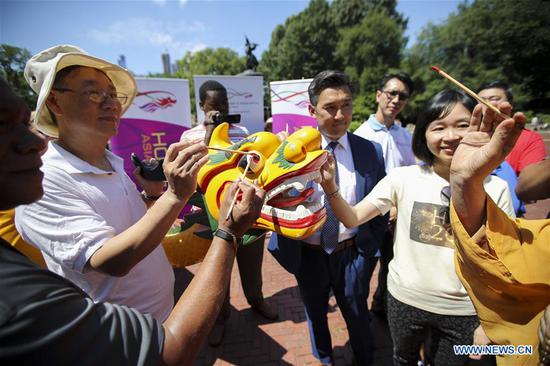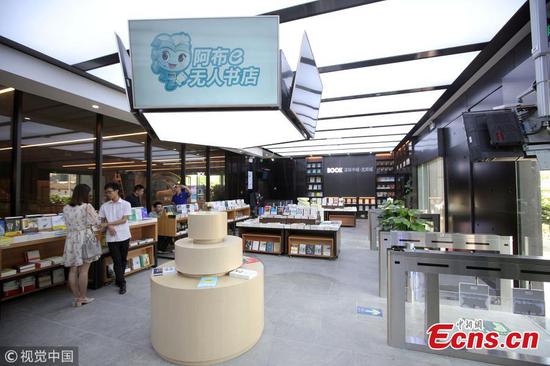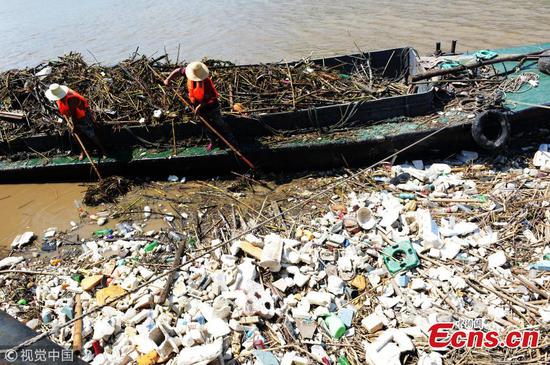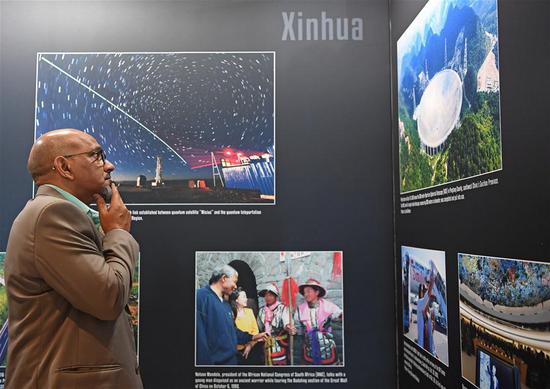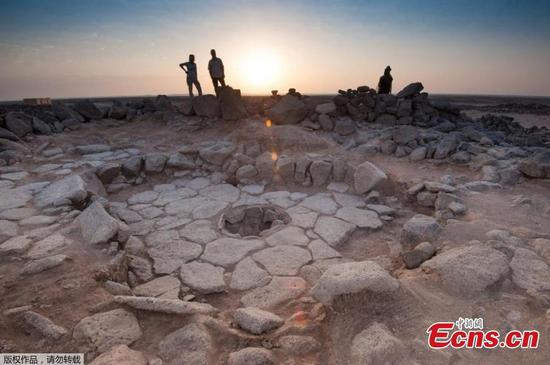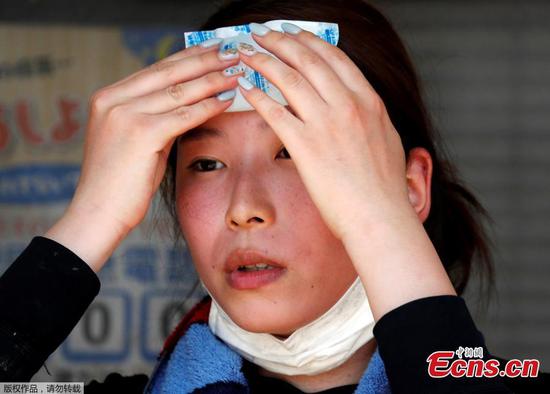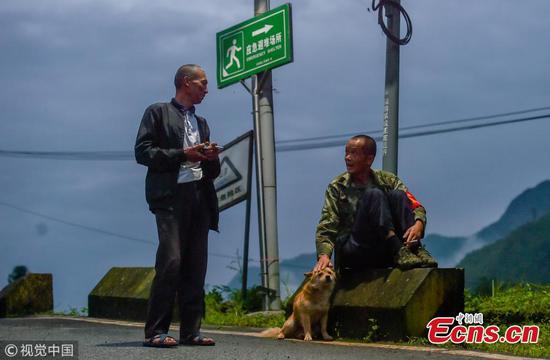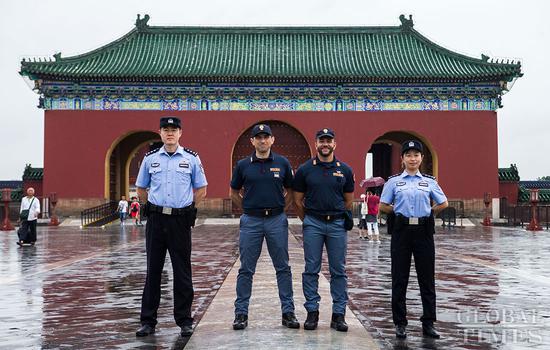Three dominant Chinese map app companies announced recently they’d put a stop to requiring users to share unnecessary personal information primarily around text messages and contact lists, a privacy issue revealed in a 2018 report regarding privacy concerns on mobile map apps.
The report, by Shanghai Consumer Council released on July 18, revealed that five map mobile apps, including AutoNavi, Baidu Map and Tencent Map, all seek to solicit sensitive personal data from users considered irrelevant for the apps to perform.
In response, the three companies said they’d release new versions that removed requests for collecting users’ irrelevant personal information, such as asking to obtain their cellphone contacts.
Baidu, the dominant Chinese search engine company, said in its written report submitted to the consumer watchdog that it would get rid of unnecessary requests for SMS permission in the upcoming version of its map app.
In addition, it would provide a “one-time only” ask for users’ permission on sensitive items like contact lists and text messages, in order to give users more control over what will and will not be collected.
Tencent, another leading Chinese Internet company and AutoNavi, a major Chinese mapping company also said it would stop asking for access to users’ contacts on their phone, and conduct self-assessment in the following days.
Another two app companies criticized by the consumer watchdog, Sougou and Mapbar, which allegedly bypasses users’ consent to collect personal data, have not yet announced plans to change their practices.
Mobile map apps are commonly used in China, an online survey shows.
The survey detailed 97.63 percent of interviewees have installed map apps on their phone; in addition, 40 percent have installed more than two of such apps, and seven percent have installed three.
Given the popularity, protection of personal data has become a main privacy issue concerning especially mobile map apps.
The Shanghai report has found that more than 80 percent of users fear the risk of personal information to be leaked via these map apps – among which 23.44 percent say they are “extremely worried.”
The watchdog says the key to improve is to further regulate the collecting and distributing of such data, given most Chinese users doesn’t know which specific personal information has been obtained or distributed unsafely.












